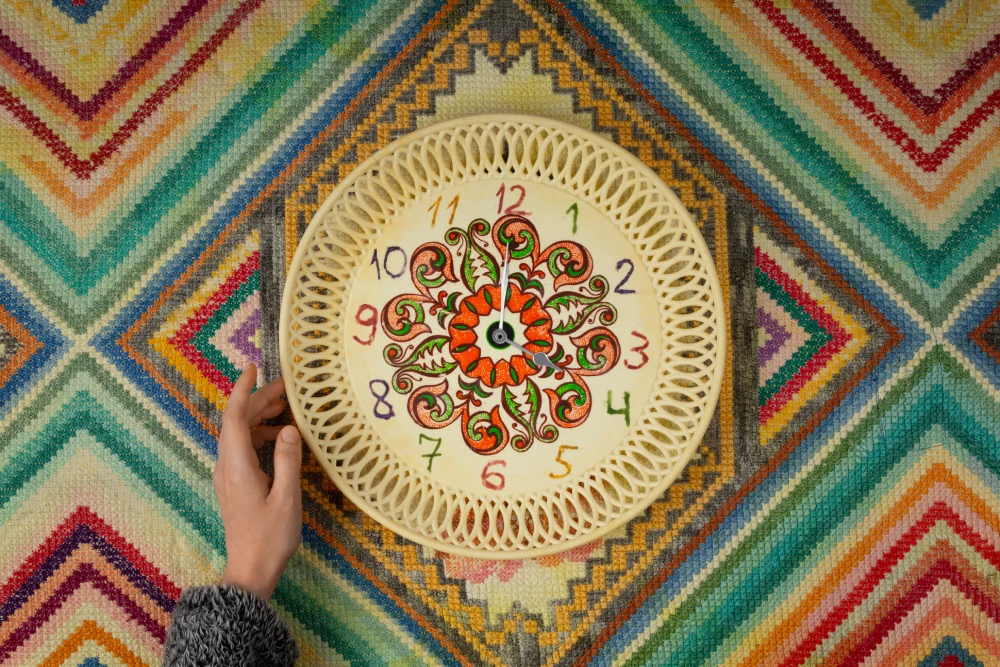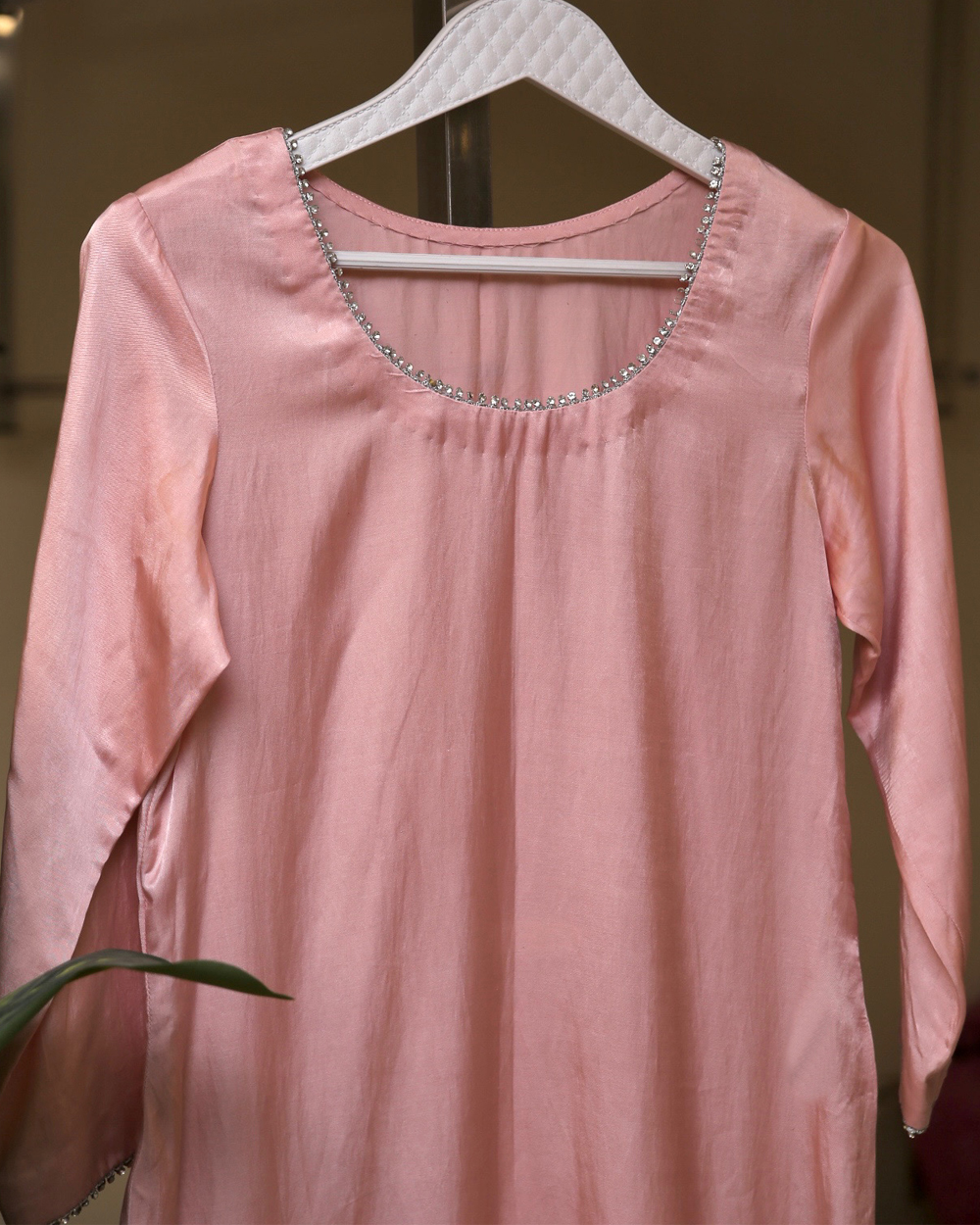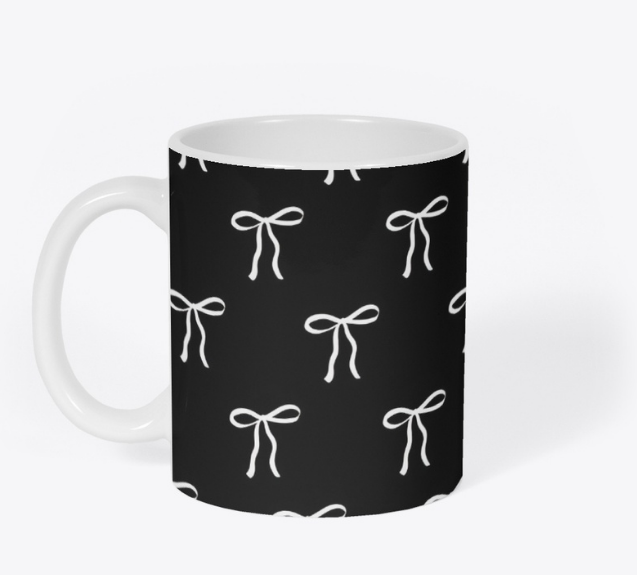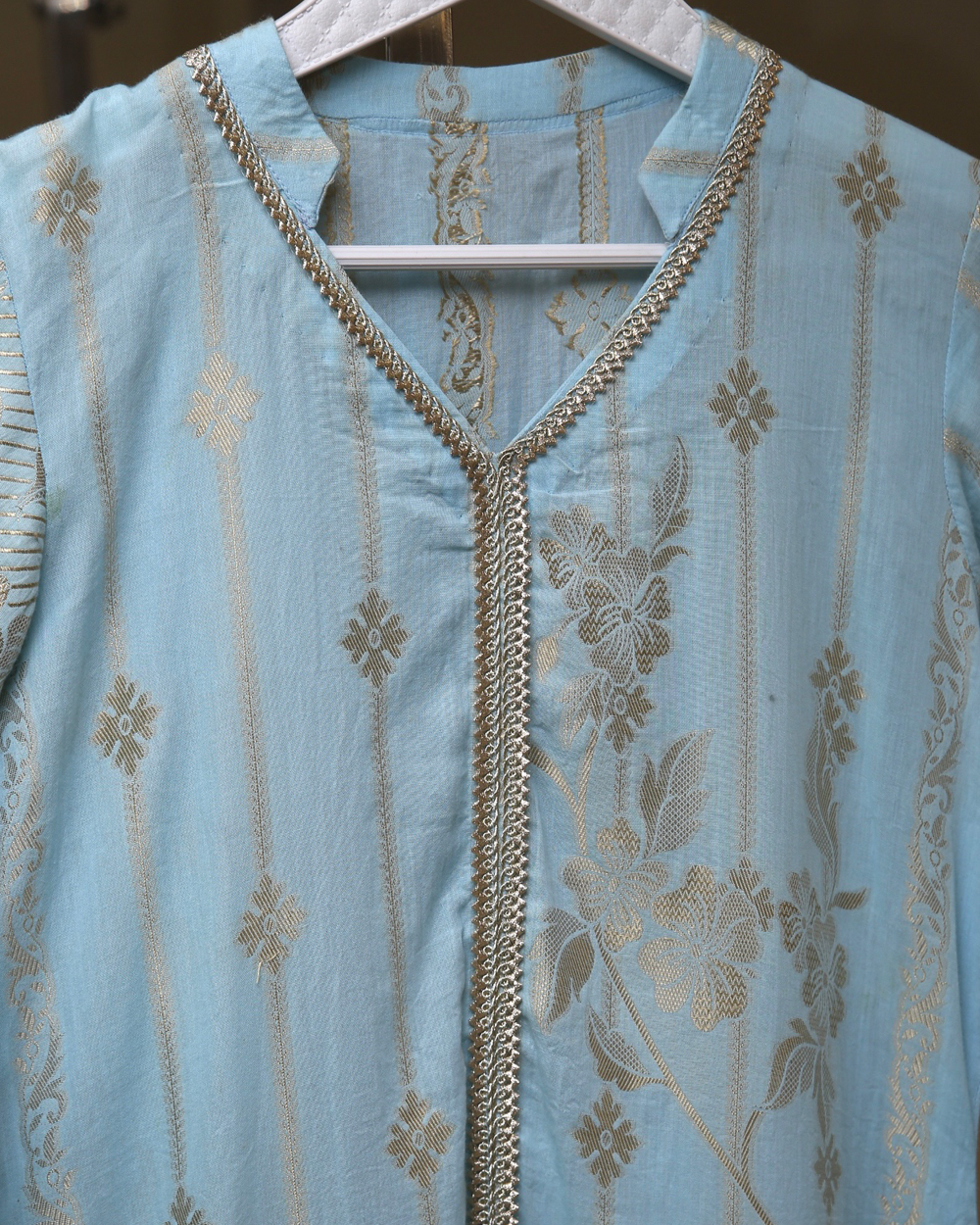
Top 10 Pakistani Handicrafts That Deserve Global Recognition
Introduction
Handmade products are unique because no two are ever exactly alike. In Pakistan, handicrafts are more than items of beauty — they are carriers of centuries-old traditions. Unfortunately, many of these crafts remain hidden in small workshops and rural markets. Here are the top 10 Pakistani handicrafts that deserve to be celebrated on the world stage.
1. Truck Art
Pakistan’s roads are filled with color thanks to truck art. Each truck is a moving canvas, painted with intricate patterns, animals, and poetry. Today, this art form is inspiring handbags, mugs, and furniture globally.
2. Blue Pottery of Multan
Known for its striking blue-and-white glaze, Multani pottery is admired for both functionality and beauty. These handcrafted bowls, plates, and tiles are timeless pieces.
3. Sindhi Ajrak & Rilli Quilts
Ajrak, a block-printed textile, symbolizes Sindhi identity. Rilli quilts, with their vibrant patchwork, are handmade by women artisans, often taking weeks to complete.
4. Kashmiri Shawls
Soft Pashmina and woolen shawls from Kashmir, embroidered with delicate patterns, are recognized for their luxury worldwide.
5. Camel Skin Lamps (Multan & Bahawalpur)
A unique craft where camel skin is transformed into lampshades that glow warmly, blending tradition with modern home décor.
6. Brass & Copper Work (Lahore & Karachi)
From hammered trays to engraved jugs, brass and copper work from Pakistan is both decorative and practical, admired for its durability and elegance.
7. Peshawari Chappal
Originally traditional footwear, the Peshawari Chappal has now become a fashion statement, even worn by celebrities internationally.
8. Wooden Carvings (Chiniot Furniture)
Chiniot is famous for its woodwork — intricately carved beds, doors, and cabinets that represent unmatched craftsmanship.
9. Jewelry from Balochistan
Balochi jewelry is bold and ethnic, featuring stones and metalwork that stand out as statement pieces worldwide.
10. Handmade Rugs & Carpets
Pakistani carpets are hand-knotted with precision, rivaling Persian and Turkish counterparts. Their patterns tell stories of heritage and tradition.
Conclusion
These handicrafts are not just products, but cultural legacies. By promoting them globally, platforms like Bokataa ensure that artisans are recognized, fairly compensated, and celebrated.














